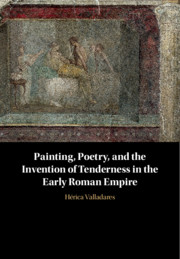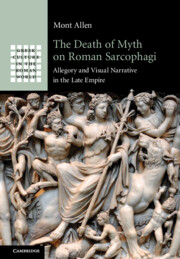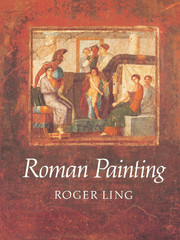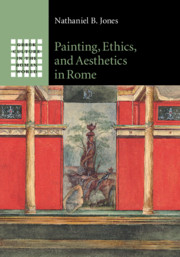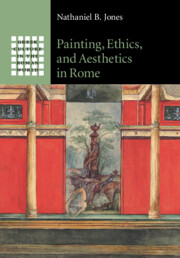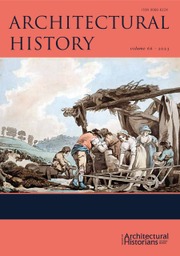Painting, Poetry, and the Invention of Tenderness in the Early Roman Empire
Tenderness is not a notion commonly associated with the Romans, whose mythical origin was attributed to brutal rape. Yet, as Hérica Valladares argues in this ground-breaking study, in the second half of the first century BCE Roman poets, artists, and their audience became increasingly interested in describing, depicting, and visualizing the more sentimental aspects of amatory experience. During this period, we see two important and simultaneous developments: Latin love elegy crystallizes as a poetic genre, while a new style in Roman wall painting emerges. Valladares' book is the first to correlate these two phenomena properly, showing that they are deeply intertwined. Rather than postulating a direct correspondence between images and texts, she offers a series of mutually reinforcing readings of painting and poetry that ultimately locate the invention of a new romantic ideal within early imperial debates about domesticity and the role of citizens in Roman society.
- Analyses Roman wall painting and Latin love elegy through an interdisciplinary lens that highlights previously unexamined connections between early imperial art and literature
- Prior knowledge of Greek and Roman art and literature is not assumed; all Greek and Latin passages are translated into English
- Delineates the emergence and dissemination of a new amatory ideal in early imperial art and literature, calling attention to long overlooked connections between Roman representations of love stories and later poetic and pictorial iterations of these narratives
Reviews & endorsements
'Valladares's book nicely complicates the Rome of our popular imagination. The Romans have become so tied to imperialism and brutality that 'Roman tenderness' sounds like an oxymoron. But tenderness and brutality are not always easily disentangled Roman imperialism in fact enabled this shift toward the personal. Roman private leisure, after all, relied upon the enslavement of others and the cultural appropriation of Greek art and literature. Tenderness and brutality stand juxtaposed. By focusing on the softer side of the Romans, Valladares shines a welcome light on their complexity.' Stephanie McCarter, Hyperallergic
'In this lucidly written, highly engaging book, Valladares traces a Roman evolution of what she perceives to have been an unprecedented kind of desire. This desire looks nothing like the sexually explicit scenes found on Athenian vases or on the walls of Pompeian brothels, imagery that has shocked modern sensibilities and attracted much scholarly attention over the years. Valladares' subject is not sex, but love; not eroticism, but tenderness. Few would describe the Romans, a people whose foundation stories centre on rape, as tender; even fewer would claim that tenderness was a Roman invention. The book's bold premise is backed up by close, comparative and contextual readings of carefully chosen case studies from Latin love elegy and Roman and Campanian wall painting. Valladares situates her findings within the history of scholarship on ancient sexuality, but they should also be seen as an invaluable contribution to the study of ancient emotions.' Charlie Pemberton, Bryn Mawr Classical Review
Product details
December 2020Hardback
9781108835411
266 pages
259 × 182 × 19 mm
0.71kg
Available
Table of Contents
- List of figures
- List of plates
- Acknowledgments
- Introduction. On Roman tenderness
- 1. The tenderness of lovers
- 2. The tenderness of monsters
- 3. The tender interior
- Epilogue. Tenderness transformed
- Bibliography
- Index.

